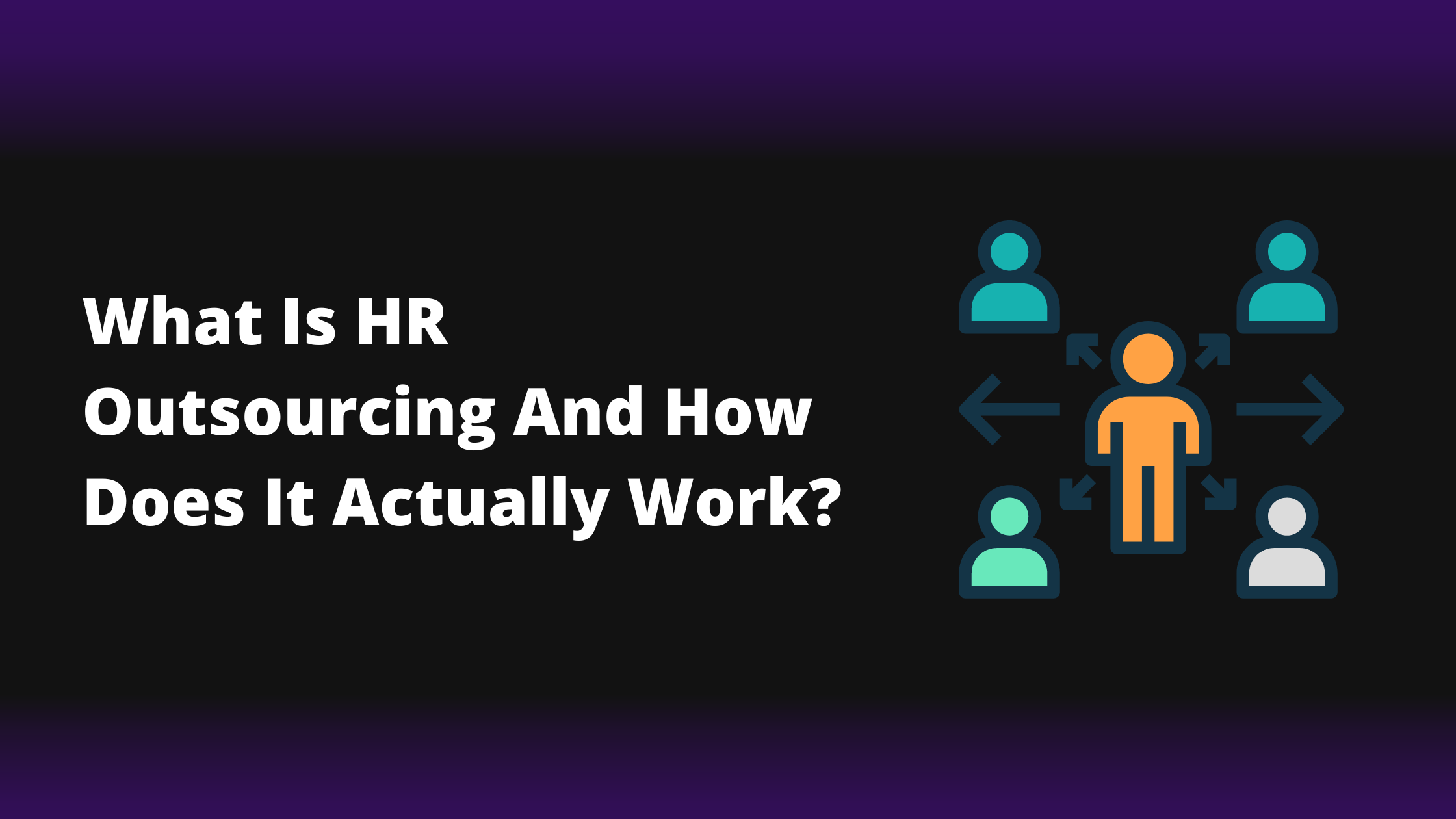What is HR outsourcing?
It is a process of having a third-party provider handle some or all of the Human Resource (HR) functions for an organization. This can include a variety of tasks such as payroll, recruiting, benefits, and employee relations.
HR outsourcing can be a cost-effective way for organizations to manage their HR needs without having to hire and train their own staff. This article will explore what HR outsourcing is, how it works, and the benefits and challenges associated with it.
The Need of HR Outsourcing
HR outsourcing is the process of having a third-party provider handle some or all of the Human Resource (HR) functions for an organization. This includes a variety of tasks such as payroll, recruiting, benefits, and employee relations. HR outsourcing can be a cost-effective way for organizations to manage their HR needs without having to hire and train their own staff. An HR outsourcing provider can also provide expertise and resources that the organization may not have access to.
The types of tasks that can be outsourced vary depending on the organization’s needs and the provider they choose. For example, some providers may only offer basic payroll services while others may offer more comprehensive HR services such as benefits management and employee relations.
How Does HR Outsourcing Work?
The process of HR outsourcing begins with the organization identifying the HR tasks that need to be outsourced. This can include tasks such as payroll processing, recruitment and hiring, benefits administration, employee relations, and more. Once these tasks have been identified, the organization will select a provider to work with.
The provider and the organization will then work together to create a service agreement. This agreement will outline the tasks that will be outsourced, the timeline for completion, and the cost of the services. The provider will then begin working on the tasks according to the agreement.
When it comes to HR outsourcing, there are two main methods: on-site and off-site. On-site outsourcing involves the provider sending staff to the organization’s premises to work on the tasks. Off-site outsourcing involves the provider completing the tasks remotely.
Benefits of HR Outsourcing
HR outsourcing provides organizations with numerous benefits. Here are a few of the most noteworthy benefits:
Cost Savings:
By outsourcing HR tasks, organizations can save money on labor costs. This is especially true when they outsource tasks such as payroll processing and benefits administration.
Expertise:
Outsourcing providers have expertise and resources that many organizations may not have access to. This can be a great way to get the most out of the HR functions of the organization.
Flexibility:
HR outsourcing can also provide organizations with greater flexibility. This is especially true for organizations with seasonal hiring needs or those that need to hire quickly.
Compliance:
Outsourcing providers have the expertise to ensure that the organization is compliant with all relevant laws and regulations.
Challenges of HR Outsourcing
Although HR outsourcing can provide organizations with numerous benefits, there are also some potential challenges that organizations should be aware of. Here are some of the most common challenges:
Loss of Control:
Outsourcing HR tasks can mean that the organization has less control over the process. This can be a concern for organizations that want to ensure they are in complete control of their HR functions.
Lack of Knowledge:
Organizations may not have the knowledge or resources to properly manage the outsourcing process. This can lead to problems such as miscommunication or misunderstandings between the provider and the organization.
Security:
Organizations may be concerned about the security of their data when outsourcing HR tasks. It is important to ensure that the provider is using secure systems and processes to protect the organization’s data.
Conclusion
HR outsourcing can be a cost-effective way for organizations to manage their HR needs without having to hire and train their own staff. It provides numerous benefits such as cost savings, expertise, flexibility, and compliance. However, organizations should also be aware of the potential challenges such as loss of control, lack of knowledge, and security concerns.If you have been looking for an experienced Human Resource Team, you can Outsource Human Resource Services from INSIDEA. For us building, high performing teams for our customers is the end goal. Contact us to explore more.


















